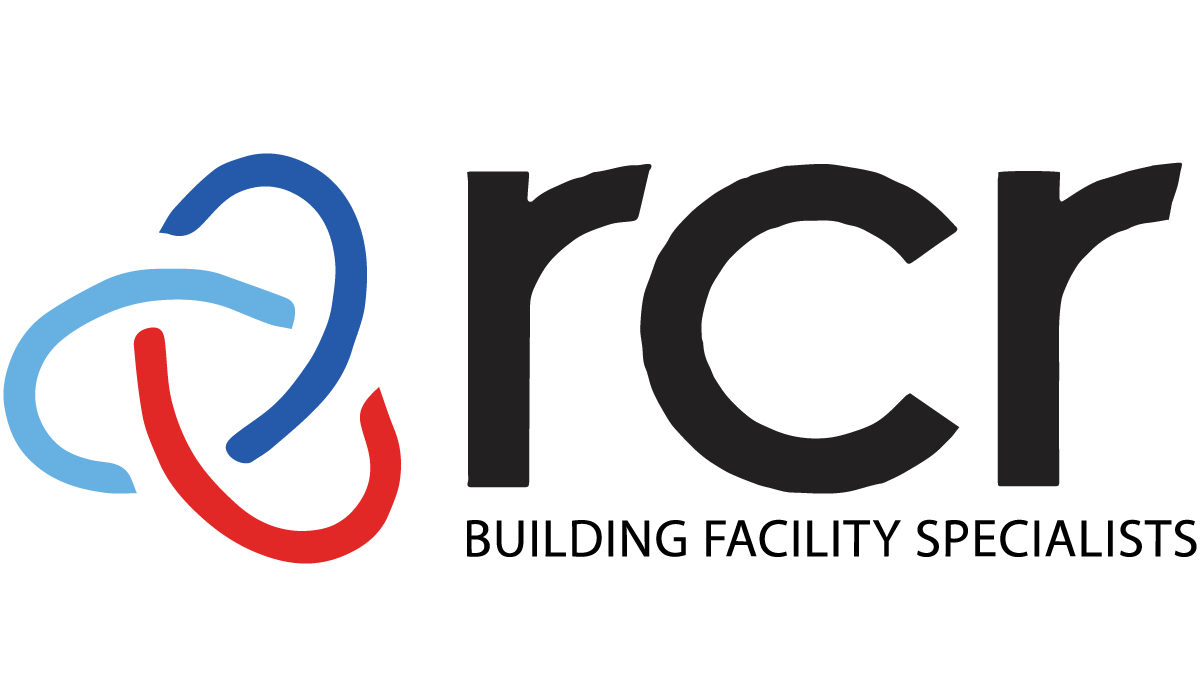Top things businesses should consider before investing in commercial solar installation
In recent years, there has been a significant shift towards sustainable and eco-friendly practices in the business world. One such sustainable initiative that has gained popularity is the adoption of commercial solar installations. As more businesses aim to reduce their carbon footprint and energy costs, investing in solar power can be a wise decision. However, before making the leap into commercial solar power installation, there are several essential factors that businesses should consider. In this article, we will explore the top things businesses should take into account when contemplating a transition to solar energy.
Understand the Financial Implications
1. Initial Investment
Investing in commercial solar panels requires a substantial upfront cost. Businesses must carefully evaluate their budget to determine if they can afford the initial investment.
2. Return on Investment (ROI)
Calculate the potential ROI by estimating energy savings and available incentives or tax credits. Understanding when you will start seeing a return on your investment is crucial.
Assess Your Energy Needs
3. Energy Consumption
Evaluate your business’s energy consumption patterns. This analysis will help determine the size and capacity of the solar system you need to meet your energy demands.
4. Future Growth
Consider your company’s growth projections. Will your energy needs increase in the coming years? Ensure that the solar installation can accommodate future expansion.
Think about your location
5. Solar Potential
Assess your location’s solar potential. Some areas receive more sunlight than others, which directly impacts the efficiency of your solar panels.
6. Local Regulations
Research local zoning and building codes, as well as any permits required for solar installations. Compliance with regulations is essential to avoid legal issues.
Choose the Ideal Solar Provider
7. Reputation and Experience
Select a reputable solar provider with experience in commercial installations. Check their track record and customer reviews.
8. Customised Solutions
Work with a provider that offers customised solar solutions tailored to your business’s specific needs and objectives.
Think About Maintenance and Longevity
9. Maintenance Costs
Factor in ongoing maintenance costs. Solar panels require periodic cleaning and inspections to ensure optimal performance.
10. Warranty
Review the warranty that the installer and manufacturer of solar panels have provided. A robust warranty ensures peace of mind and protection against unexpected issues.
Consider the Environmental Impact
11. Sustainability Goals
Consider how transitioning to solar power aligns with your company’s sustainability goals and corporate image.
12. Carbon Footprint Reduction
Calculate the reduction in your carbon footprint by switching to solar energy. This data can be used for marketing and PR purposes.
Look at Your Energy Storage Options
13. Battery Storage
Explore the option of integrating battery storage with your solar installation. This can provide backup power during outages and enhance energy independence.
Train and Educate Employees
14. Employee Training
Invest in employee training to ensure they understand the system and can identify and address minor issues promptly.
15. Educating Stakeholders
Educate stakeholders, including investors and customers, about your commitment to sustainability through solar adoption.
Transitioning to commercial solar installation can bring numerous benefits to businesses, including cost savings and reduced environmental impact. However, it’s essential to conduct thorough research and consider various factors before making the investment. By carefully evaluating your financial readiness, energy needs, location, solar provider, maintenance, and environmental impact, you can make an informed decision that aligns with your company’s long-term goals.
Ready to Power Your Business with Solar Energy?
Unlock the potential of sustainable and cost-effective energy solutions today! At RCR, we specialise in commercial solar power installations that align with your unique needs and goals. Our experienced team will guide you through every step of the process, from planning to implementation.
Don’t miss out on the benefits of solar power for your business. Take the first step towards a greener and more economical future.
Contact us now to discuss your commercial solar installation project and discover how RCR can help you make the switch to clean energy.

